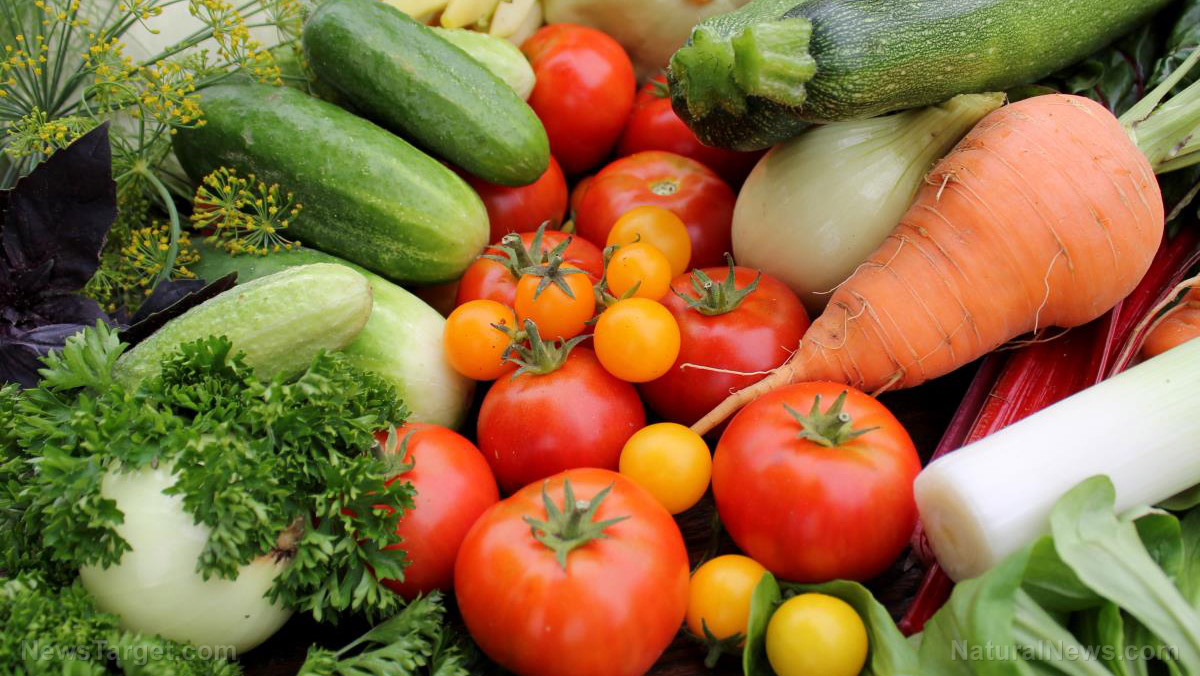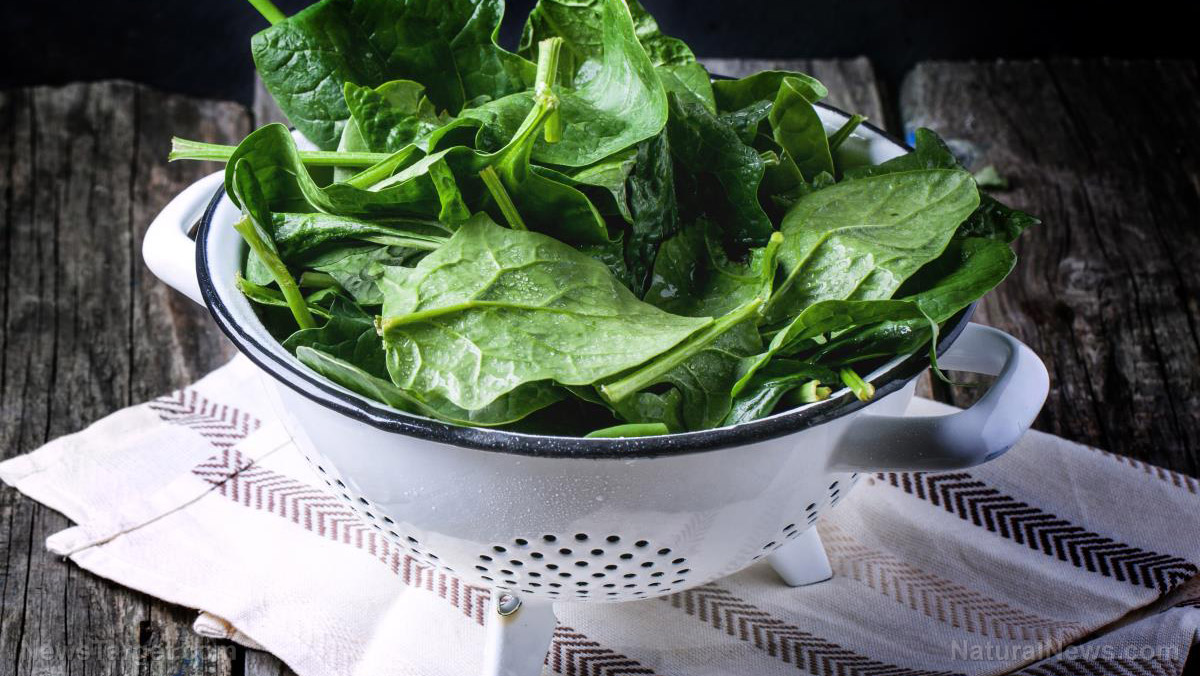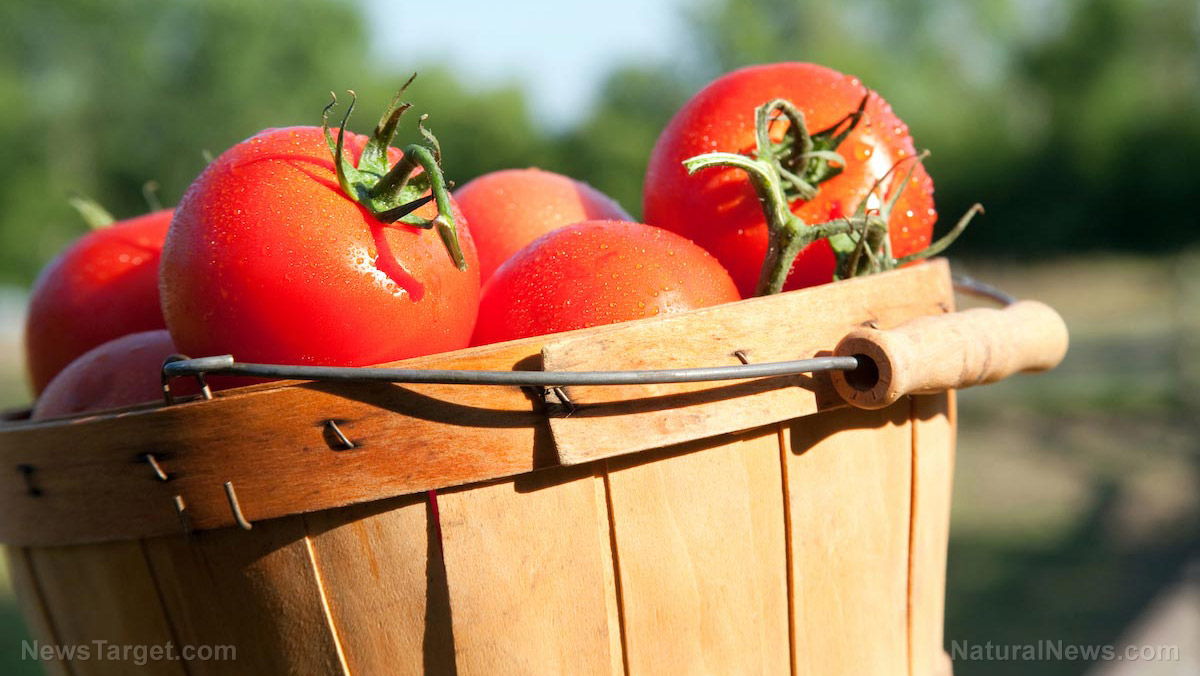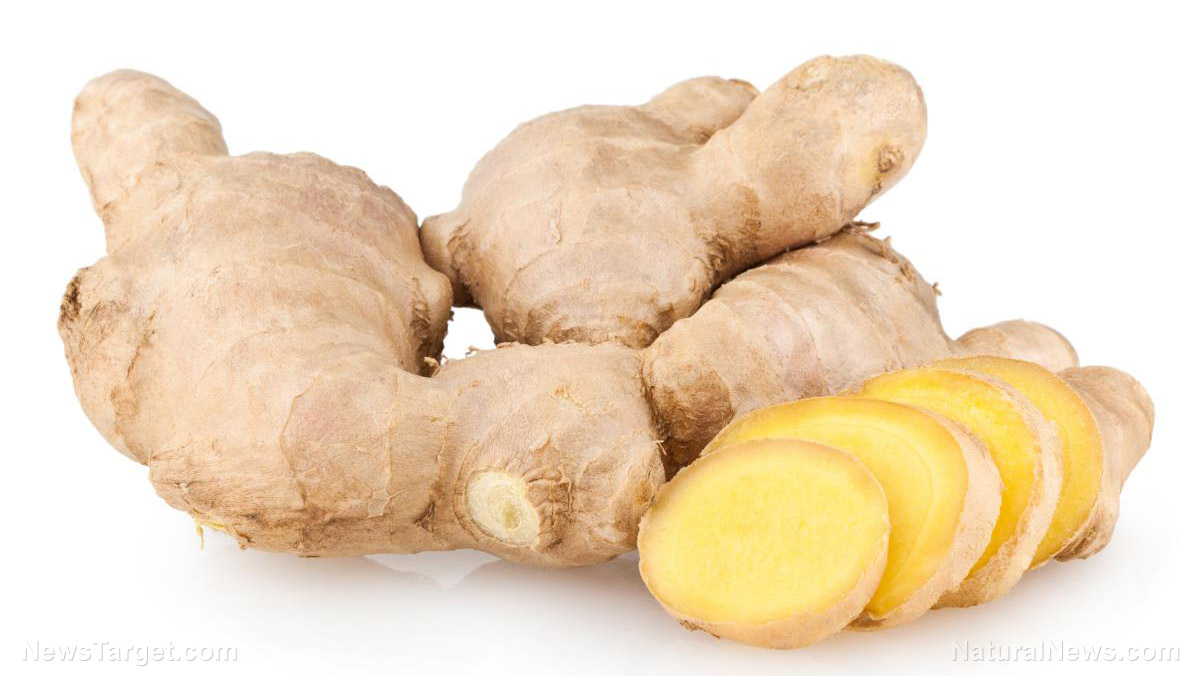Children are not the only ones having trouble eating their vegetables, recent data shows. According to statistics, most Americans of all ages and genders consume only 1.5 cups of vegetables daily. This, compared with the recommended vegetable intake of two to 3.5 cups per day. The reports also reveal that while various tactics such as juicing and pureeing are being employed, many people still fail to eat their vegetables due to a negative taste perception.
However, a team of researchers at the University of Illinois have found that incorporating flavorful herbs and spices — such as ginger, curry, rosemary and garlic — in cooking may actually encourage adults to increase their vegetable intake. The researchers collected data on the participant’s preference for herbs and spices as part of the study. The scientists also noted how frequently the participants used herbs and spices, and whether they used them in cooking vegetables. The experts likewise assessed whether the participants felt proficient in using the flavoring agents when cooking. The participants were given up to 20 herbs and spices to choose from.
The findings revealed that younger participants ages 18 to 29 years and those with Asian/Pacific Islander or other ethnicity used 19 of the 20 herbs and spices more frequently compared with their older and Caucasian, African American or Hispanic counterparts. Data also showed that women are more likely to use herbs and spices when cooking. Likewise, women and individuals ages 18 to 49 years reportedly felt more confident in their ability to use the flavoring agents in cooking. In contrast, participants of Caucasian descent and those with an annual income below $50,000 displayed less confidence.
“The high level of variability across groups was the biggest takeaway…If you use spices and herbs to flavor up your dishes, then you’re not adding sodium or fat, which we are trying to reduce in the diet, generally…Taste is king. That is one of the most powerful reasons behind why we make our food choices. If we can make things more appealing based on spices and herbs and flavors that people are more prone to appreciate, they may choose to eat more vegetables because they enjoy what they are consuming,” says researcher Cassandra Nikolaus.
Nikolaus also developed a chart that categorized the spices based on the participants’ preference. The results showed that both age and cultural background play key roles in their preference. According to the experts, older participants are less likely to enjoy and use bolder spices and herbs such as cayenne pepper or cilantro. They also appeared to prefer milder flavors such as paprika or garlic.
Low knowledge of culinary techniques and the availability of specific cooking equipment are found to deter the participants from cooking their own vegetables. Moreover, the researchers observed that some participants do not feel confident in cooking vegetables, or cooking with spices and herbs altogether.
“What can we do to educate these groups of people on how to use spices and herbs in hopes of improving their vegetable consumption? One issue may be limited knowledge on how to cook vegetables in the first place. We actually had questions on the survey about which cooking methods people used. Boiling and steaming were the most common cooking methods, so spices and herbs might be useful there to enhance flavor,” says researcher Brenna Ellison.
“There are so many community education efforts that are already underway. If they have one more piece of evidence to determine recipes for certain groups of people, they can select something more well-liked by that population,” Nikolaus adds.
As part of a bigger research team, the scientists are gathering data in an actual dining setting to observe the diners’ reaction towards adding herbs and spices to vegetable recipes. The experts are set to examine whether diners will choose the vegetables that have been cooked with the favoring agents, and whether smaller portions of them go to waste.
An increased intake of vegetables is associated with reduced risk of disease. Learn more at Veggie.news and Herbs.news.
Sources include:
News.ACES.Illinois.edu




















